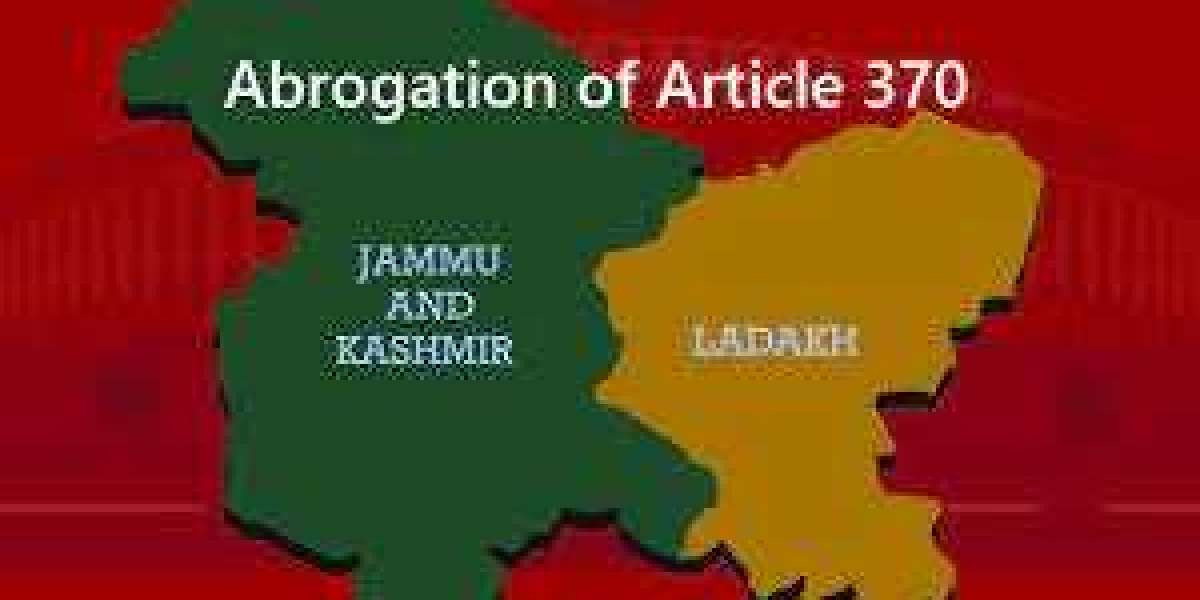On August 5, 2019, Union Home Minister Amit Shah had announced the abrogation of Article 370 and 35A in Parliament which resulted in the bifurcation of the state of Jammu and Kashmir into two union territories. Among the Indian government actions accompanying the revocation was the cutting off of the communication lines in the Kashmir Valley, a region gripped by a prolonged separatist insurgency. Several leading Kashmiri politicians were taken into custody, including the former chief minister. Government officials described this friction as design for preempting violence, and justify the revocation for enabling people of the state to access government programs such as reservation, right to education and right to information. A year on, section 144 has imposed in Srinagar to prevent territories outfits from making the day as a 'Black Day' and also to keep a check on the coronavirus COVID-19 pandemic that has swept the UT.
Article 370 of the Indian constitution gives special status to Jammu and Kashmir which has been the subject of dispute between India, Pakistan and China. The article conferred power on Jammu and Kashmir to have a separate constitution, a state flag and autonomy over the internal administration of the state. Article 35A defined that the Jammu and Kashmir state's resident live under a separate set of laws, including those related to citizenship, ownership of property and fundamental rights as compared to residents of other Indian states. If we look at the legal aspects to these articles we will come to know that Article 370 of the Constitution of India was ‘temporary provision' inserted on 17th October 1948 which gives special power to the state of Jammu and Kashmir, lawfully authorising it to have its own constitution. Accordingly, the provisions only Article 1 and Article 370 of the Indian constitution were applied to the state. Similarly, Article 35A of the Indian constitution, introduced through a constitutional order in 1954 authorised the state legislator to define 'permanent residents.’ Those defined as permanent residents were entitled to property rights, employment, scholarships and other social benefits in the state.
In April 2018, the Supreme Court of India ruled that Article 370 had attained permanency since the state constituent assembly has ceased to exist. To overcome this legal challenge, the Indian government instead rendered Article 370 as 'inoperative' even though it still exists in the Constitution. On 5 August, a presidential order was issued – the Constitution (Application to Jammu and Kashmir) Order,2019- which superseded the Constitution (Application to Jammu and Kashmir) Order, 1954. Since the abrogation of Articles, 370 and 35A has extended the reach of Parliament and Indian Constitution over the region effectively ending the autonomous status and provisions where they could make their own laws on most issues.
The scrapping of Article 35A has paved the way for a new domicile law. According to new domicile regulations notified by the newly formed union territory of Jammu and Kashmir the scope of Kashmiri domicile has been widened. Also, The Right to Information Act 2005 and the Representation of People Act, 1951 are among the laws that have been extended to these union territories. While according to a report, a total of 120 terror-related cases has been reported until July 2020. At least 35 security personnel lost their lives in the line of duty and last year during the same period 75 security personnel had lost their lives fighting terrorists.







